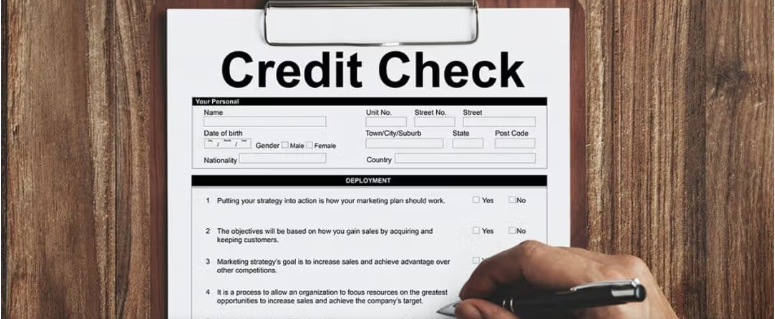The Link Between Credit and Employment Background Checks
When applying for a new job, you probably expect your potential employer to review your résumé, call your references, and maybe even check your social media. But did you know that in some industries, your credit report could also be part of the hiring decision?
This practice known as an employment credit check can surprise many job seekers. Let’s explore why employers look at credit, what they see, and how it could affect your career opportunities.
Why Do Employers Check Credit?
Employers don’t care about how much you spend on coffee or whether you pay your Netflix subscription on time. Instead, they use credit checks as a tool to evaluate:
-
Financial Responsibility: A history of on-time payments may suggest reliability.
-
Risk Management: For jobs involving money, access to sensitive data, or security clearance, poor credit could be seen as a risk factor.
-
Trustworthiness: Employers may equate financial stability with honesty and discipline.
What Employers See (and Don’t See)
Here’s what’s typically included in an employment credit report:
-
Credit accounts (open and closed)
-
Payment history (on-time or late payments)
-
Outstanding debts (like credit cards, loans, collections)
-
Public records (bankruptcies, liens, judgments)
👉 What they don’t see:
-
Your credit score (FICO or VantageScore)
-
Income details
-
Marital status
This is important because many candidates fear their credit score number will cost them a job. In reality, employers only see a version of your report tailored for employment.
Do All Employers Check Credit?
No. Credit checks are more common in roles that involve:
-
Financial services (banking, accounting, lending)
-
Government jobs (especially with security clearance)
-
Management or executive roles (where decision-making involves money)
In most industries, a credit check is rare. And in some states, laws limit or restrict how employers can use credit information in hiring decisions.
How Credit Checks Affect Your Job Search
A negative mark doesn’t automatically disqualify you—but it may raise questions. For example:
-
Late payments could signal poor reliability.
-
High debt balances may raise concerns about potential financial stress.
-
Bankruptcies might be seen as a red flag for financial judgment.
That said, employers often look at credit as one piece of the puzzle, not the sole deciding factor.
How to Prepare for a Job-Related Credit Check
-
Check Your Credit Report First
Request a free copy from AnnualCreditReport.com and review it for errors. -
Dispute Mistakes
Correct any inaccuracies before they show up to a potential employer. -
Be Ready to Explain
If you have negative marks (like medical debt or job loss-related issues), prepare an honest but professional explanation. -
Practice Good Credit Habits
Make payments on time, lower balances, and avoid taking on unnecessary debt while job hunting.
Final Thoughts
Credit checks in hiring aren’t as common as many think, but when they do happen, they can influence an employer’s perception of you. The good news? With preparation and transparency, you can handle them confidently.
Remember: yo


